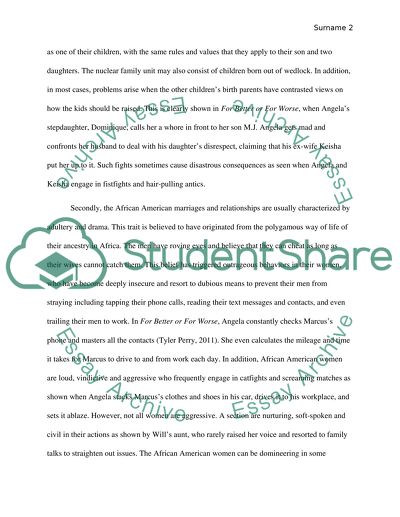Cite this document
(“Dynamism of the African American Culture Assignment”, n.d.)
Retrieved from https://studentshare.org/sociology/1493360-dynamism-of-the-african-american-culture
Retrieved from https://studentshare.org/sociology/1493360-dynamism-of-the-african-american-culture
(Dynamism of the African American Culture Assignment)
https://studentshare.org/sociology/1493360-dynamism-of-the-african-american-culture.
https://studentshare.org/sociology/1493360-dynamism-of-the-african-american-culture.
“Dynamism of the African American Culture Assignment”, n.d. https://studentshare.org/sociology/1493360-dynamism-of-the-african-american-culture.


